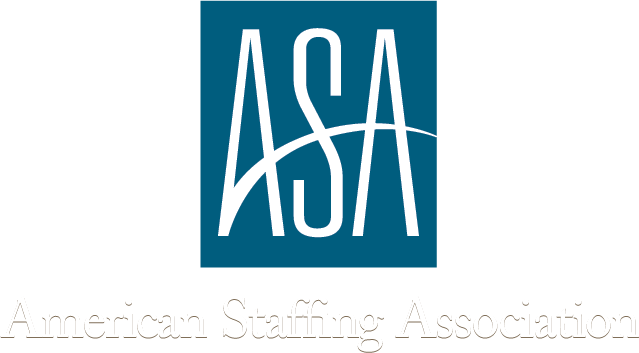Many professionals like the idea of working remotely. Often, the arrangement can provide an extra degree of flexibility while supporting improved work-life balance. However, that doesn’t mean remote work is the right choice for everyone.
Working remotely comes with its own unique challenges. As a result, the arrangement might suit some professionals better than others. If you’re wondering if remote work is right for you, here’s are some questions you can ask yourself to help you decide.
Am I Genuinely Self-Motivated?
When you’re working remotely, there isn’t the same amount of direct oversight and guidance as you receive in an on-site role. While your manager will likely give you specific responsibilities and deadlines, they don’t have the ability to look over your shoulder or spontaneously check-in to make sure you’re on target. Instead, you’re the one who has to ensure that you’re remaining focused.
Not everyone has the same level of internal motivation as others, and that’s okay. Be honest with yourself about what environment helps you produce your best work. If being around others who can touch base at any moment benefits you, then remote work might not be a great fit. However, if you’re always pushing yourself to do your best, even if there isn’t a significant amount of external pressure, then it might be a solid match.
Are Spontaneous Brainstorming and Collaboration Important to Me?
Many professionals shine when they have a chance to engage with colleagues at a moment’s notice. It gives them a simple way to bounce ideas off of others or get quick insights that can spur new ideas, allowing them to find unique solutions to problems or work more efficiently.
If some of your best ideas have come from spontaneous brainstorming and collaboration, then remote work might not be the best idea. While you can undoubtedly engage with others even when telecommuting, doing so spontaneously may be a challenge. Plus, remote collaboration doesn’t always have the same kind of energy as in-person interactions, another factor that could alter its effectiveness.
Consider how critical spontaneous brainstorming is to your work approach. If it’s vital, then you may want to stick with on-site jobs.
Am I a Strong Written Communicator Who’s Willing to Go the Extra Mile?
Technically, all forms of communication are essential in most jobs. But when you’re working remotely, you’re going to rely heavily on written communication. Most project management and collaboration platforms provide multiple avenues for engaging with colleagues, but you’ll likely spend more time sending written messages than using any other approach.
Additionally, you may need to overcommunicate – at least initially – to ensure you’re providing everyone with the information they need from you. This might include daily check-ins, frequent status updates, quick answers to questions, and much more, all in writing.
If written communication is a strength (particularly if you prefer it), then remote work could be an excellent fit. However, if it’s a weakness, it may not be the right fit.
Contact Selectek to Learn More
Ultimately, working remotely is different than being in an office. Ask yourself the questions above to see if it might be the best move for you. That way, you can make smart decisions about your career.
If you’d like to find out more, the staff at Selectek wants to hear from you. Contact us today.


